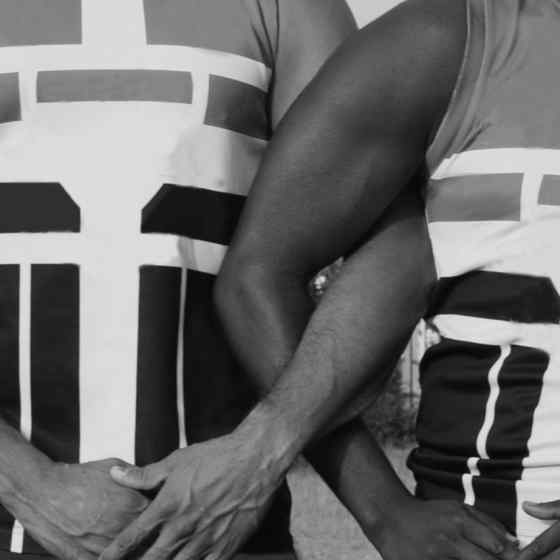Inquiry into family, domestic and sexual violence

CatholiCare NT in conjunction with the University of South Australia provided a submission to the House Standing Committee on Social Policy and Legal Affairs inquiry into family, domestic and sexual violence and was subsequently invited to speak to the Committee.
Charlie King, Jayne Lloyd and Jonathon Louth spoke to the Committee on Tuesday 13 October 2020 and their input was very well received. Below are some excerpts:
EXCERPTS
DR FREELANDER: I'm curious as to why the NO MORE campaign should work when it looks at intervening with adults.
Ms Lloyd: Because it is fundamentally driving behaviour change in that it's changing attitudes and norms. A campaign like NO MORE allows community members to say: 'Actually, this isn't okay. This isn't tolerable. We shouldn't be accepting that anymore.'
Mr King: Can I add to that. One of the other important things that is starting to happen in communities is pride in the tribe; you have got to feel proud of your mob. If the Tiwi people are doing a good job to stop family violence, then the Warlpiri mob will start to think: 'If they're doing that, why can't we do that? Why can't we have a good community?' Aboriginal people don't see themselves as Aboriginal people or Indigenous people; they see themselves as their tribe—they're Warlpiri, they're Gurindji, they're Alyawarr, they're Arrernte. You ask what they want in Western Arrernte. If they can tune into that—it's like a football team; you're proud of your team and your Guernsey when you put it on, and you like to do the right thing.
Ms Lloyd: A campaign like NO MORE allows community members to say: 'Actually, this isn't okay. This isn't tolerable. We shouldn't be accepting that anymore.' As Charlie was saying before, giving men the language to talk about family violence was a big step forward—going from saying, 'No, it doesn't happen in our community', to saying, 'Actually, it is happening in our community.' The next step is saying, 'We don't tolerate it in our community.' So I think educating men is critical.
DR WEBSTER: What you're measuring is obviously the key issue. It's not the 12-month 'How many people did you see?' It's: 'What are the outcomes for the long term?' Ultimately, we want generational change. We do not just want to implement a program that is useful for this particular person. The government is interested in long-term genuine change of a generational nature as well. So well done. I think what you're doing is excellent. Mr King, well done on the program and your longevity in it. Your commitment to it is fabulous.
CHAIR: Peta Murphy, did you have any questions? “No, Chair, the questions I was interested in have been answered, and I also note the time and how long we've kept these witnesses here, so I'll just add my thanks, with everyone else's, for all the work that you're all doing.”
CHAIR: Thanks, MS MURPHY. Thank you very much to the witnesses from CatholicCare Northern Territory and the University of South Australia. In particular, thank you to you, Mr King, for your long service in service to assisting our Indigenous communities. So well done and more strength to your arm. You're only a young feller and you've got a long way to go. Thank you to the three of you once again.